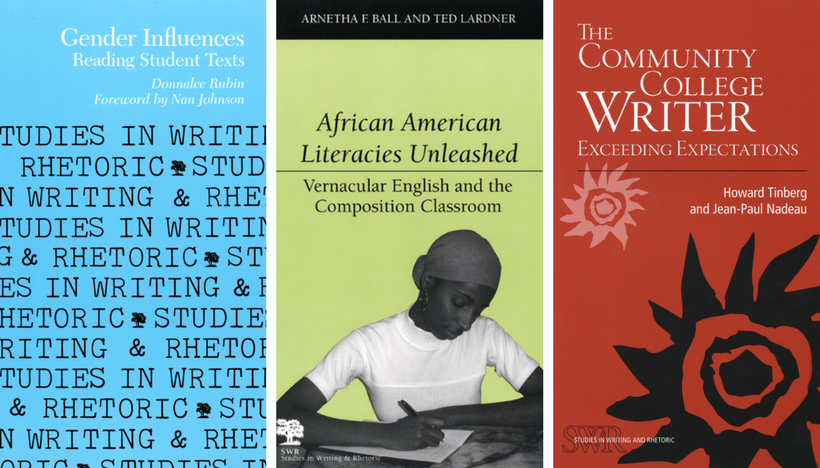The work of NCTE’s Intellectual Freedom Center is visible, more often than not, for defense of challenged books in K-12 classrooms and libraries. But many issues of academic and intellectual freedom at the college and university level that threaten learning deserve attention.
Last month the Association of University Presses released Facing Censorship: A Statement of Guiding Principles to offer both guidance and solidarity to university presses across the nation when they are faced with challenges to the material they are considering for publication or have already published. The statement notes,
As scholarly publishers we believe in the free exchange of ideas. As university presses, we are especially vigilant defenders of academic freedom because it is fundamental to the work we do. In this, we stand with our universities, our authors, the greater scholarly community, and with each other against all restrictions imposed on the dissemination of our work.
Just as trade publishers have been under fire in recent years for what they publish, who’s authored it, and the lack of diversity in their staff who solicit and bring books to market (see On Choosing Texts for Students), the global world of scholarship and authors, scholarly publishing, and publications has faced challenges as well. For instance, Who Gets to Tell What History? recounts an incident involving a Princeton professor and his scholarship on the Polish participation in the third Reich during WWII—scholarship a new Polish law bans from that country.
The CCCC Statement on Globalization in Writing Studies Pedagogy and Research acknowledges the tension scholars face in their higher education community, how colleges and universities can pressure scholars to “adjust” their pedagogy, research, and scholarship to meet needs beyond the scholarship itself:
On one hand, colleges and universities may recognize, respect, and respond to the complexities of globalization by reimagining administration, teaching, and research. On the other hand, they may use the pretext of globalization in a limited fashion to enhance institutional reputations, identify new sources of revenue, and entrench received standards.
The AUP statement recognizes this juncture and spells out its support for academic freedom and against censorship:
As the commerce of ideas has become increasingly digital, global, and instantaneous, we understand that scholarship may become the target of challenges by states unfriendly toward (or unfamiliar with) the values of academic freedom and editorial integrity. Any request to restrict access to, redact sections from, or otherwise censor the content we publish must be met with the deepest concern. The Association of University Presses therefore offers this statement to reaffirm its fundamental commitment to these cherished values. These values include support for high-quality scholarship and for academic freedom of expression; the protection of intellectual property; respect for authors and learned society partners; equal and fair treatment of customers; sensitivity to local laws and custom; and the welfare and safety of our staffs.

